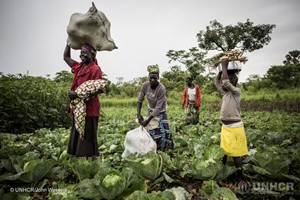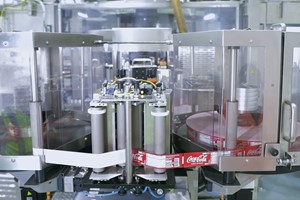A groundbreaking study published in the prestigious journal ‘Nature’ has decisively settled the long-standing debate over the environmental impact of organic versus conventional food production. The research, which compared environmental health indicators of organic and conventional food production, found that organic methods significantly outperform conventional methods in six out of eight key indicators.
The study is based on an analysis of 100 different "life cycle assessments" (LCAs) of organic and conventionally grown food products. It offers compelling evidence that organic farming has a lower environmental impact across various metrics, including reduced potential for acidification of the environment, lower energy use, and decreased biodiversity loss.
Despite these advantages, the study highlights the limitations of current methodologies in fully capturing the benefits of organic agriculture. It notes that while organic systems demonstrate significant advantages when measured per production unit, the difference diminishes when assessed per unit of mass produced. Additionally, the study calls for further research to better model factors such as biodiversity loss and changes in soil organic carbon, which are inadequately addressed in current assessments.
One of the most striking findings of the study is the significant reduction in greenhouse gas emissions associated with organic dairy production, which boasts a 22% lower impact on Global Warming Potential (GWP) compared to conventional methods. Moreover, organic systems exhibit a remarkable 47% lower eutrophication potential, attributed to the absence of chemical fertilizers, and a 32% reduction in energy use.
The study underscores the need for continued efforts to improve our understanding of the environmental impacts of agriculture. It emphasizes the importance of considering factors such as soil carbon sequestration, which plays a vital role in mitigating climate change.
Furthermore, the research sheds light on the broader implications of food production on the environment. With agriculture accounting for a significant portion of greenhouse gas emissions and freshwater use, the findings emphasize the urgent need for transitioning towards more sustainable farming practices.
In light of these findings, advocates argue for policy changes to support organic agriculture and incentivize its adoption on a larger scale. By addressing the shortcomings of current agricultural practices and promoting organic farming, we can pave the way toward a more environmentally sustainable and resilient food system for future generations.
krishijagran.com














